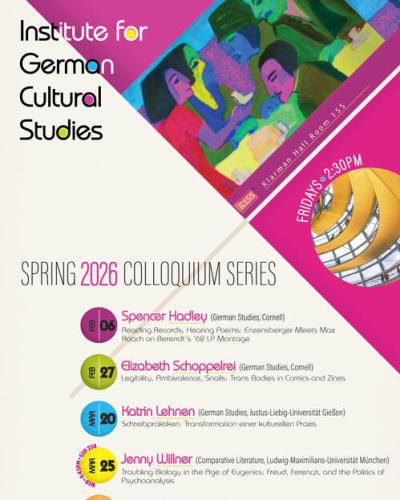
Institute for German Cultural Studies Spring 2026 Colloquium Series
Spring 2025 Colloquium Series Fridays • 2:30PM • Open to the public
 Department Homepage
The College of Arts & Sciences
Department Homepage
The College of Arts & Sciences

Spring 2025 Colloquium Series Fridays • 2:30PM • Open to the public
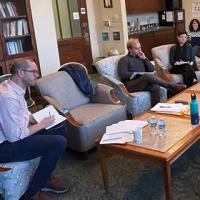
Hannes Kerber: "Three Times Nathan: Erwin Piscator’s Political Reimaginings of Lessing’s 𝘕𝘢𝘵𝘩𝘢𝘯 𝘵𝘩𝘦 𝘞𝘪𝘴𝘦" Friday, December 5, 2025.
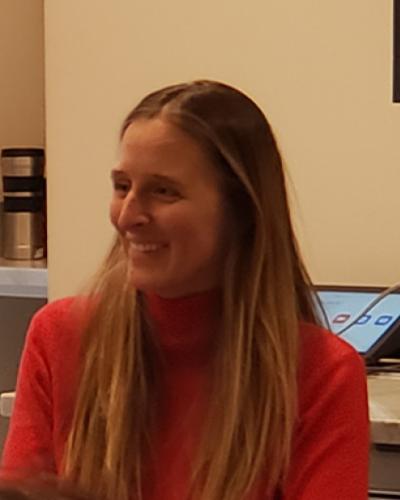
Vanessa Gubbins: "Rilke’s Things: A Poetic Revision of the Concept of Equality for Radical Democratic Theory" Friday, November 7, 2025.
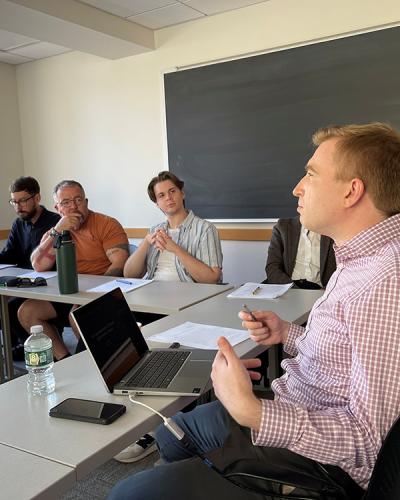
Andrew Vielkind: "The 𝐾𝑢𝑙𝑡𝑢𝑟𝑡𝑒𝑐ℎ𝑛𝑖𝑘𝑒𝑛 of Postwar Experimental Cinema" Friday, October 3, 2025
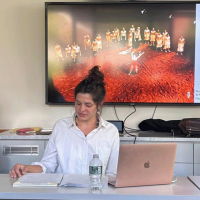
Amparo Necker: "Peat and the People: Emergent Bodies in Pina Bausche's 𝐿𝑒 𝑆𝑎𝑐𝑟𝑒 𝑑𝑢 𝑃𝑟𝑖𝑛𝑡𝑒𝑚𝑝𝑠" Friday, September 12, 2025
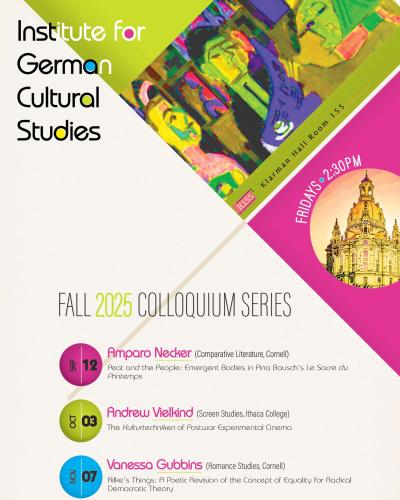
Fall 2025 Colloquium Series
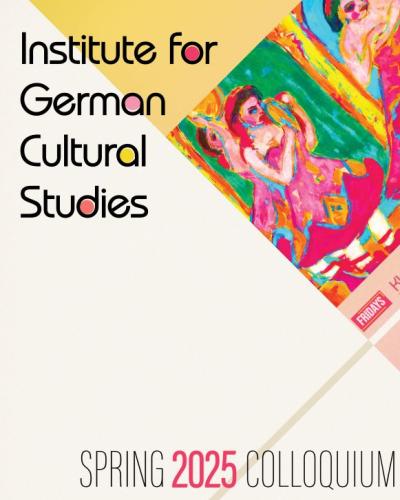
Spring 2025 Colloquium Series
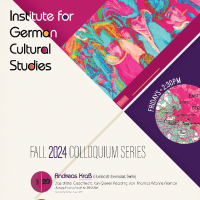
Fall 2024 Colloquium Series
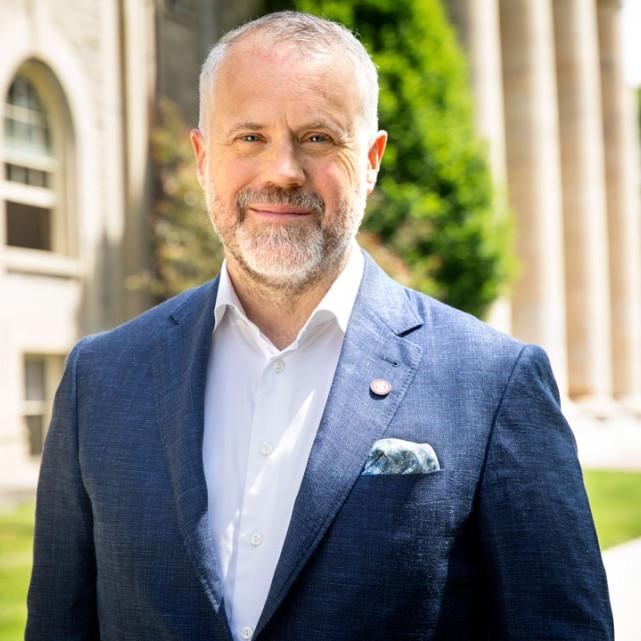

Coming from the University of Toronto, where he was the director of the Munk School of Global Affairs and Public Policy, Loewen began his five-year appointment as the Harold Tanner Dean of the College of Arts and Sciences Aug. 1.
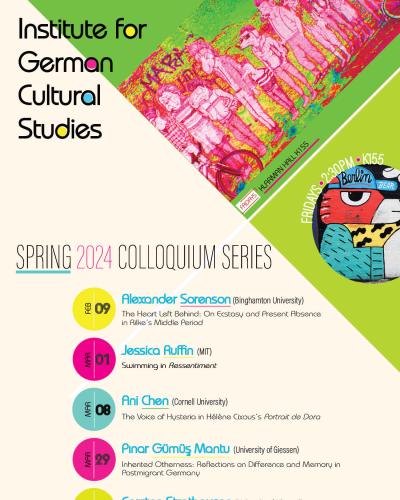
Spring 2024 Colloquium Series

On November 2, Professor Damani Partridge, an eminent scholar in Anthropology, Africana Studies, and German Studies at the University of Michigan and Vice President and President Elect of the German Studies Association, gave a lecture on “Blackness as a Universal Claim: Holocaust Heritage, Noncitizen Futures, and Black Power in Berlin” at Cornell.
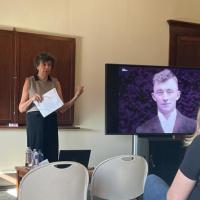
Esther Dischereit: Wer war Fritz Kittel?
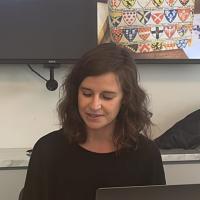
Dr. Jenny Körber: "Irdischeund himmlische Verhältnisse: Ordnungen der Genealogie und Heraldik"
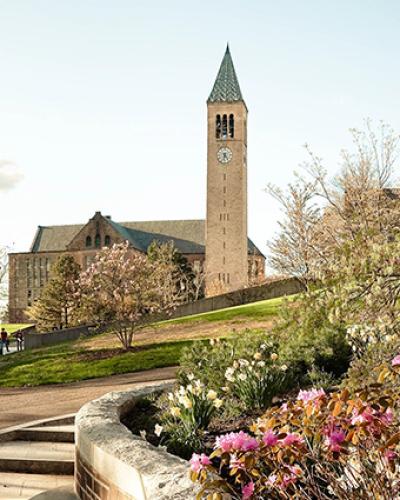
Ulrike Vedder: “Auswandern - Heimkehren - Verschellen: Liminales Erzählen und die Kunst des Handelns in der Auswandererliteratur des 19. Jahrhunderts”
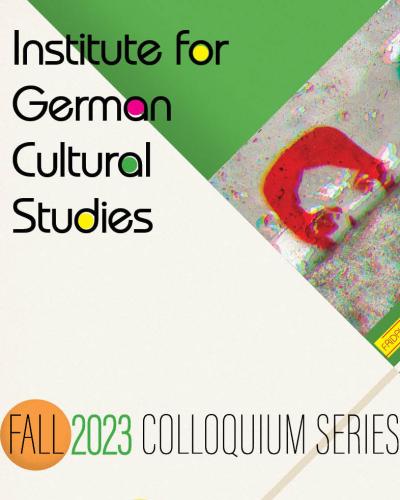
Fall 2023 Colloquium Series
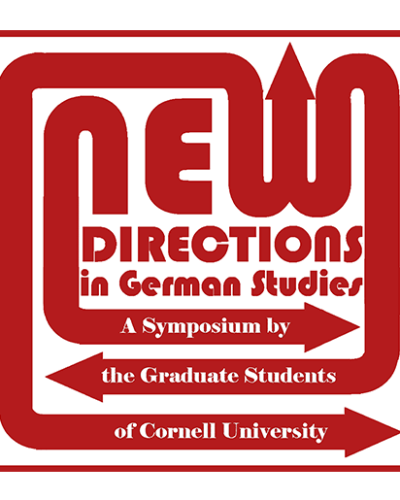
The goal of this symposium is to provide students from across cohorts an opportunity to present their research, answer questions, and receive feedback on their work. It draws on the expertise of a variety of disciplines such as Romance studies, comparative literature, medieval studies, art history, visual and media studies, cultural studies, intellectual history and philosophy, gender studies, Jewish studies, and more.
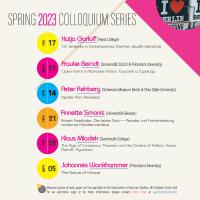
Spring 2023 Colloquium Series
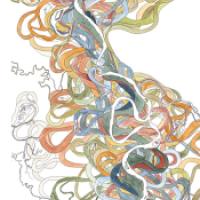
Reading by Oswald Egger
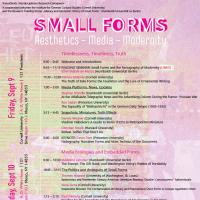
Small Forms: Aesthetics—Media—Modernity (IGCS Conference, Friday, Sept. 9 - Sunday, Sept. 11)
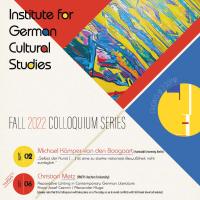
Fall 2022 Colloquium Series September 2: Colloquium, Michael Kämper-van den Boogaart (Humboldt University Berlin) October 6 (Thursday): Colloquium, Christian Metz (RWTH Aachen University) October 21: Colloquium, Juan-Jacques Aupiais (Cornell University) November 4: Colloquium, Re’ee Hagay (Cornell University) December 2: Colloquium, Tom Eyers (Duquesne University)
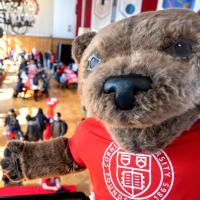
On Cornell’s eighth Giving Day, held March 16, 15,905 alumni, students, faculty, staff, parents and friends from more than 80 countries made gifts totaling a record-breaking $12,268,629.

Gifts allow the College to fulfill its mission: preparing students to do the greatest good in the world.
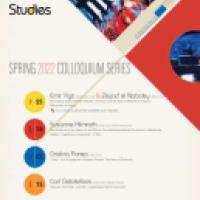
All Colloquium meetings, if not indicated otherwise, will take place at A. D. White House, Room 201 at 2:30.
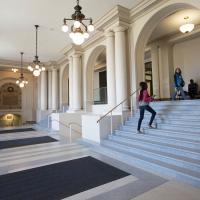
A $5 million alumni gift will help to support doctoral students in humanities fields within the College of Arts & Sciences.
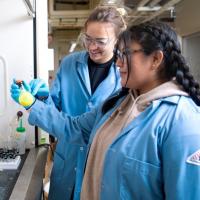
The program connects undergraduates in A&S with opportunities to work side by side on research with Cornell faculty from across the College.
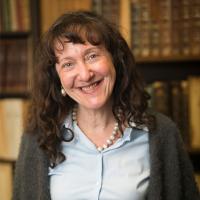
Professor Patrizia McBride won the 2021 Max Kade prize for best article in The German Quarterly.

The Nexus Scholars program will leverage the student-to-faculty ratio and the vibrant research enterprise in A&S to expand opportunities for students, while also enhancing the culture of collaborative scholarship at Cornell.
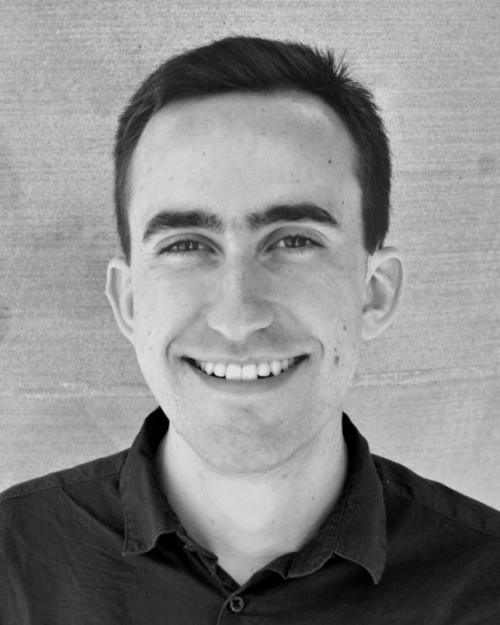
After earning an undergraduate degree from New York University, David Dunham, doctoral student in Germanic studies from Springfield, Virginia, chose to pursue further study at Cornell due to the strength of the Germanic studies field and the university’s location in Ithaca.
The final meeting of the Institute for German Cultural Studies Colloquium for this academic year took place on May 8th with a discussion of works in progress by Cornell German Studies’ own Emir Yigit and Jacy Tackett. The former employed a philosophy of the mind framework, drawing upon the work of Immanuel Kant, as well as a number of other German...
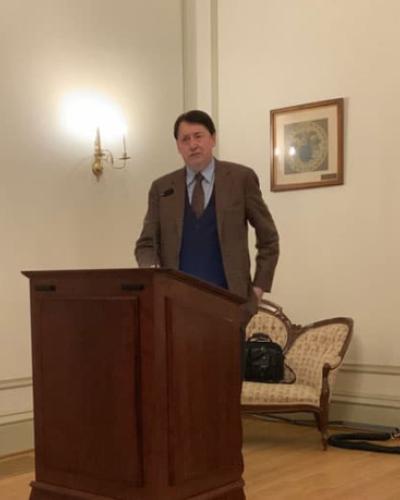
German Studies Graduate Student Conference: "Representations of Race and Ethnicity in German Modernity" (March 6-7, 2020)This conference brought together scholars from numerous disciplines with an interest in critical studies of the concept of race as it has contributed to understandings of the modern subject in the German canon and beyond,...
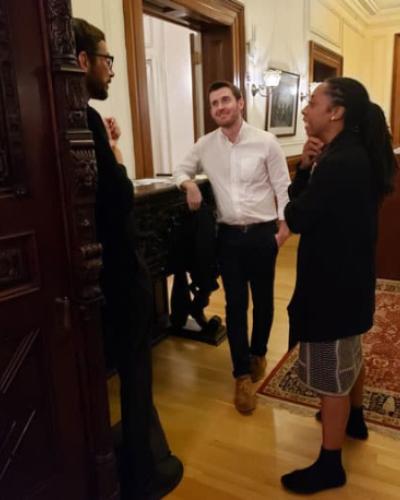
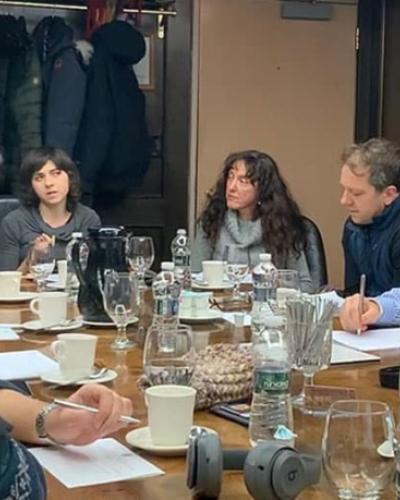
On February 7th, Professor Erica Weitzman (Northwestern University) joined our colloquium series with a paper on Franz Kafka’s Das Schloß, which forms part of her forthcoming book, currently entitled At the Limit of the Obscene: German Realism and the Discourse of Matter. The book explores representations of matter and materiality in German-...
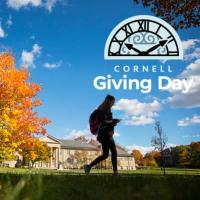
The College of Arts & Sciences is gearing up for Giving Day on Thursday, March 12 and we hope you'll join in the fun!
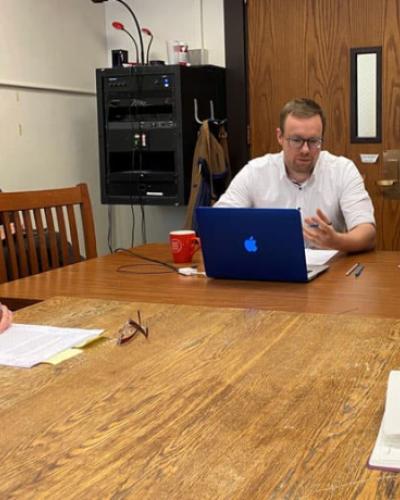
At the IGCS colloquium on January 24th, Cornell PhD candidate Matthias Müller began by questioning the traditional assumption that history is written by the victors through an engagement with historian Reinhart Koselleck’s (1923-2006) thesis that history “may be made by the victors but is in fact written by the vanquished.” By investigating...
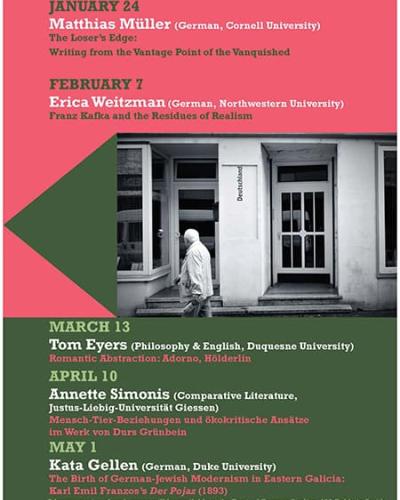
181 Goldwin Smith Hall, Fridays @ 2:30pmJANUARY 24Matthias Müller (German, Cornell University)The Loser’s Edge: Writing from the Vantage Point of the VanquishedFEBRUARY 7Erica Weitzman (German, Northwestern University)Franz Kafka and the Residues of RealismMARCH 13Tom Eyers (Philosophy & English, Duquesne University)Romantic...
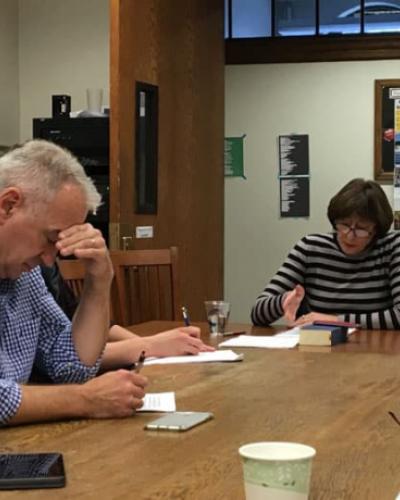
On November 22nd Professor Inka Mülder-Bach (Munich/Princeton) presented the Colloquium Series with a paper focusing on questions surrounding the aesthetic, political, and social stakes of “prose” as both a broad, complex literary medium and as a metaphor underlying certain conceptions of modernity around 1800. Mülder-Bach began by returning to...
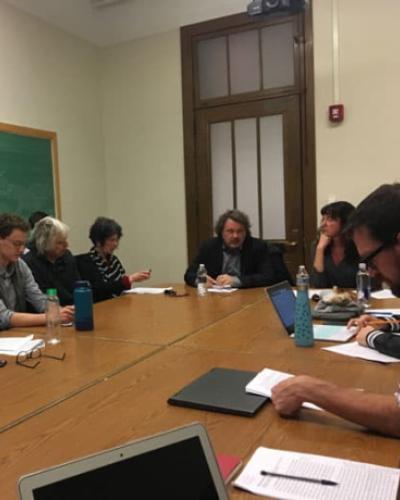
On November 11th, Dr. Jens Schröter (University of Bonn) joined our colloquium series with a paper entitled “Money and Media Theory.” As the title suggests, Professor Schröter’s research brings together theories of money and media, investigating the central question of whether media theory can contribute something to the discussion of money that...
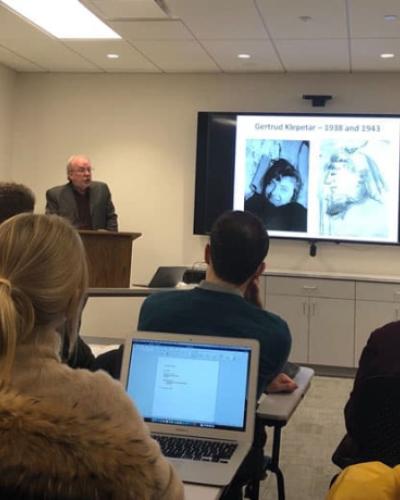
On November 5th, Professor Peter Filkins (Bard College at Simon’s Rock) joined us for an insightful lecture on the life and work of H.G. Adler (1910-1988), a survivor of Theresienstadt and Auschwitz who recorded his experiences in both scholarly and literary writing. Despite the extent of Adler’s work, which includes modernist novels, poetry,...
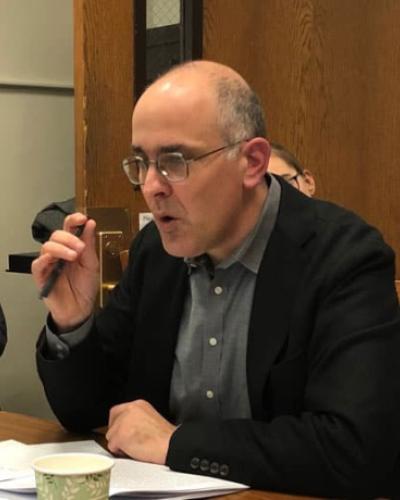
On October 18th, Professor Patchen Markell (Government, Cornell University) joined our Fall Colloquium Series with a paper entitled “The Mob, the People and the Political: Rereading The Origins of Totalitarianism.” In the essay Markell investigates Arendt’s use of the term “mob” in Origins with specific attention to her treatment of European...
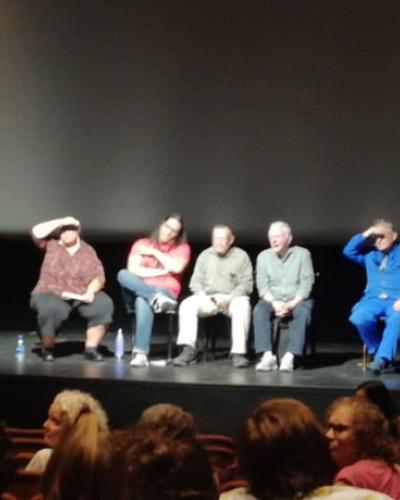
Marc Halberstadt’s film begins as an attempt to defamiliarize the question of land ownership in the United States through an analogy with the violent seizure of Jewish property in Germany during the 1930’s. Because Halberstadt’s family lost their home in Nazi Germany before fleeing to the US and settling on Mohawk tribal lands, Halberstadt...
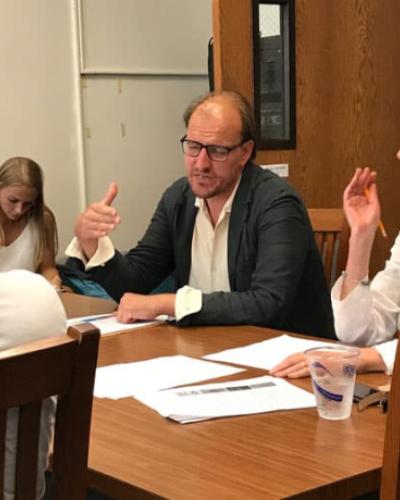
This semester’s Institute for German Cultural Studies (IGCS) colloquium series opened Friday, September 6th with a discussion of a paper by Mark-Georg Dehrmann (Humboldt University, Berlin) entitled “Dimensions of the Modern Epic – the Example of Phantasmatic Orality.” Taking as its point of departure Hegel’s claim that the epic was dead by the...
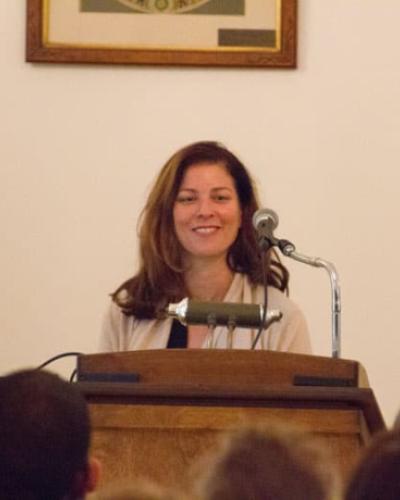
Re-imagining the Discipline: German Studies, the Humanities, and the UniversityDay 1, Panel 1: “German Studies, the Humanities, and the University,” with B. Venkat Mani (University of Wisconsin-Madison) and Leslie Morris (University of Minnesota)The conference’s first two presenters were concerned with “hyphenated cultures” in the changing...
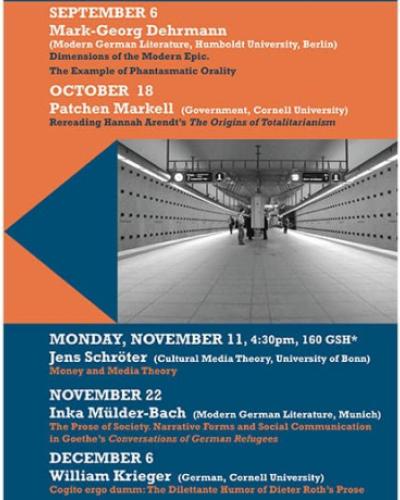
181 Goldwin Smith Hall, Fridays @ 2:30pm *except November 11SEPTEMBER 6Mark-Georg Dehrmann (Modern German Literature, Humboldt University, Berlin)Dimensions of the Modern Epic. The Example of Phantasmatic OralityOCTOBER 18Patchen Markell (Government, Cornell University)Rereading Hannah Arendt’s The Origins of TotalitarianismMONDAY, NOVEMBER...
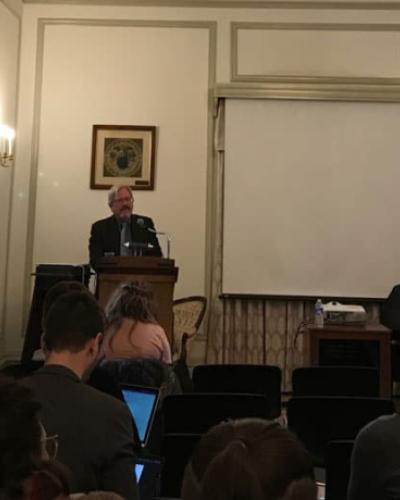
March 22, 2019On Friday, March 22nd, the German Studies Graduate Student Conference kicked off its first panel by focusing on the philosophical problems involved in using pronouns. The panel featured papers on Hegel by Emir Yigit (Cornell, German), on Kant and Descartes by Søren Larsen (Cornell, German), and on contemporary analytical approaches...
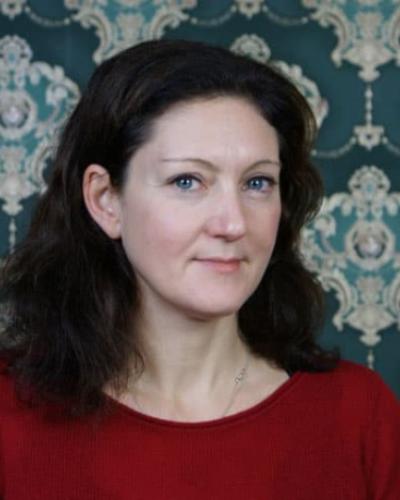
Masterclass On the afternoon of February 28th, the German writer-in-residence Rebekka Kricheldorf gave a masterclass focusing on her new play Testosterone, which was concurrently having its English-translation première at the Cherry Arts Space in Ithaca. Conducted in German, the masterclass took on the form of a seminar, which allowed for...
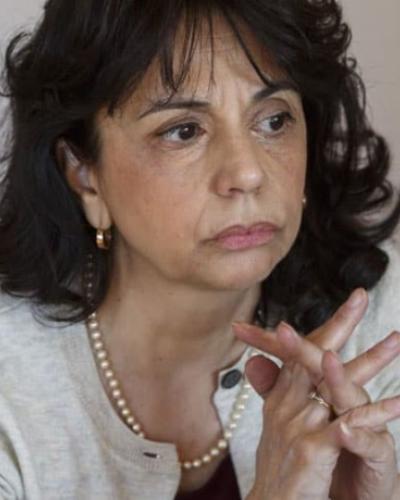
On March 6th, Professor Donatella di Cesare (Universita’ La Sapienza, Rome) gave a talk in the A.D. White House entitled “Heidegger and the Jews,” whose title referenced not only di Cesare’s own book on Heidegger’s Black Notebooks but also Jean-François Lyotard’s important book on Heidegger and “the Jews” from 1988. Di Cesare’s talk centered...
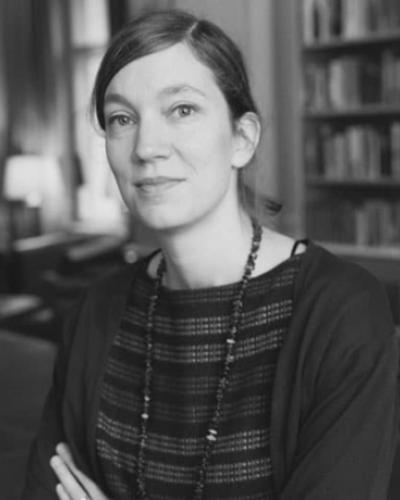
On Friday, May 3rd Prof. Barbara Nagel (Princeton University) closed the IGCS’s Spring Colloquium Series with a paper titled “Goethe’s Stalker Snails.” The paper was part of a larger project that brings together rhetoric, affect theory, and gender and literature, building on Nagel’s previous work about the literalization of language in Der Skandal...
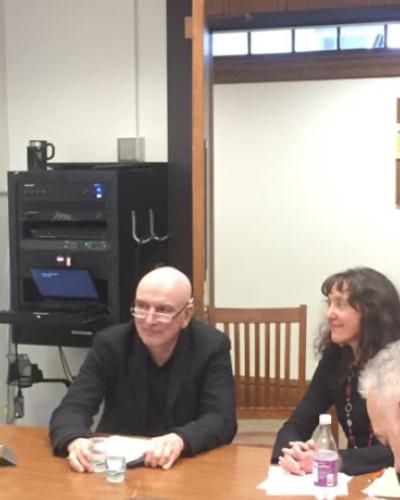
On Friday, April 12, Uwe Wirth (University of Gießen) gave a colloquium presentation on the performative gestures of quotations deployed in the political campaign of the German party “Die Partei” (The Party). This political organization was founded in 2004 by editors of the satirical magazine Titanic and has been led by its former editor-in-chief...
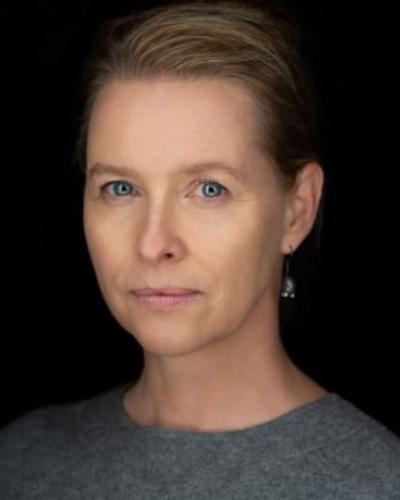
On March 8, 2019, Prof. Eva Horn (University of Vienna) joined our Spring Colloquium series with a paper entitled: “Air: For a Cultural History of Climate.” The essay built on work published in Fall 2018 in the journal Grey Room (“Air as Medium”). Starting from her landmark monograph on Zukunft als Katastrosphe (Fischer, 2014), Horn sought to...
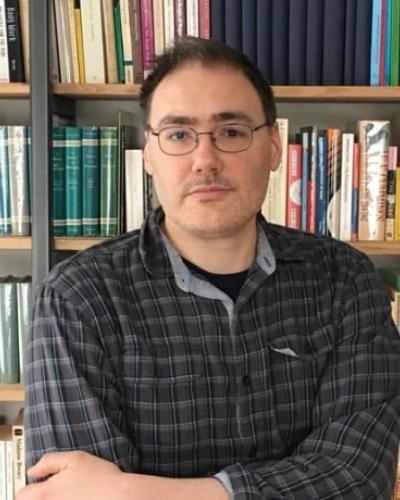
On November 30, 2018, Professor Samuel Frederick (Penn State University), a graduate of Cornell’s graduate program in German Studies, brought this year’s colloquium series to a close with his talk on “Collecting. A Poetics,” which drew on his current book-project tentatively titled “The Redemption of Things: Collecting as a Poetics in German...